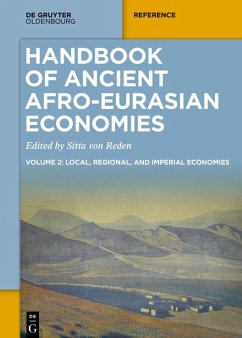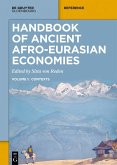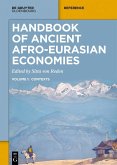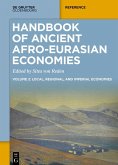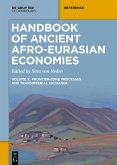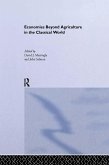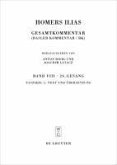The second volume of the Handbook describes different extractive economies in the world regions that have been outlined in the first volume. A wide range of economic actors - from kings and armies to cities and producers - are discussed within different imperial settings as well as the tools, which enabled and constrained economic outcomes. A central focus are nodes of consumption that are visible in the archaeological and textual records of royal capitals, cities, religious centers, and armies that were stationed, in some cases permanently, in imperial frontier zones. Complementary to the multipolar concentrations of consumption are the fiscal-tributary structures of the empires vis-à-vis other institutions that had the capacity to extract, mobilize, and concentrate resources and wealth. Larger volumes of state-issued coinage in various metals show the new role of coinage in taxation, local economic activities, and social practices, even where textual evidence is absent. Given the overwhelming importance of agriculture, the volume also analyses forms of agrarian development, especially around cities and in imperial frontier zones. Special consideration is given to road- and water-management systems for which there is now sufficient archaeological and documentary evidence to enable cross-disciplinary comparative research.
Dieser Download kann aus rechtlichen Gründen nur mit Rechnungsadresse in A, B, BG, CY, CZ, D, DK, EW, E, FIN, F, GR, HR, H, IRL, I, LT, L, LR, M, NL, PL, P, R, S, SLO, SK ausgeliefert werden.

